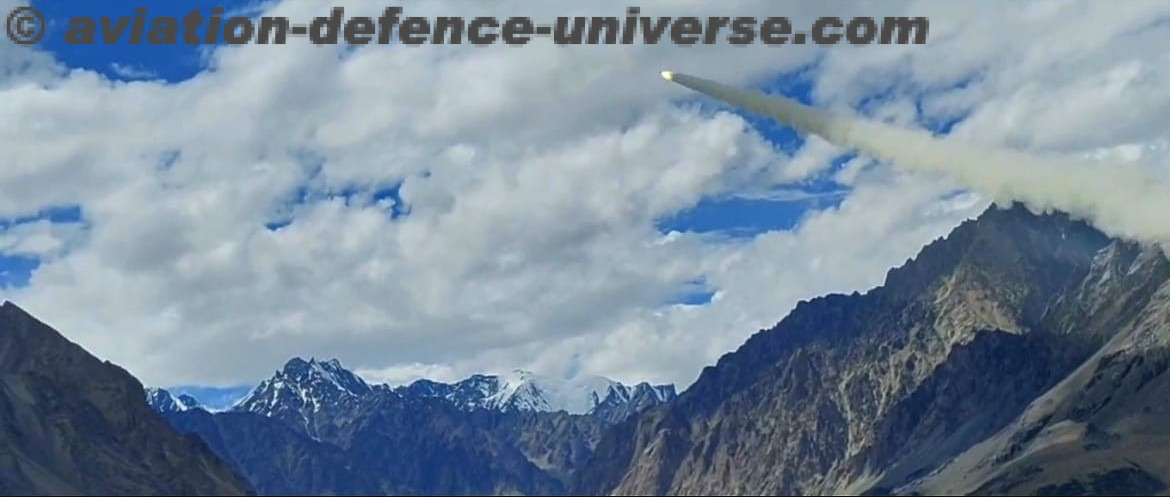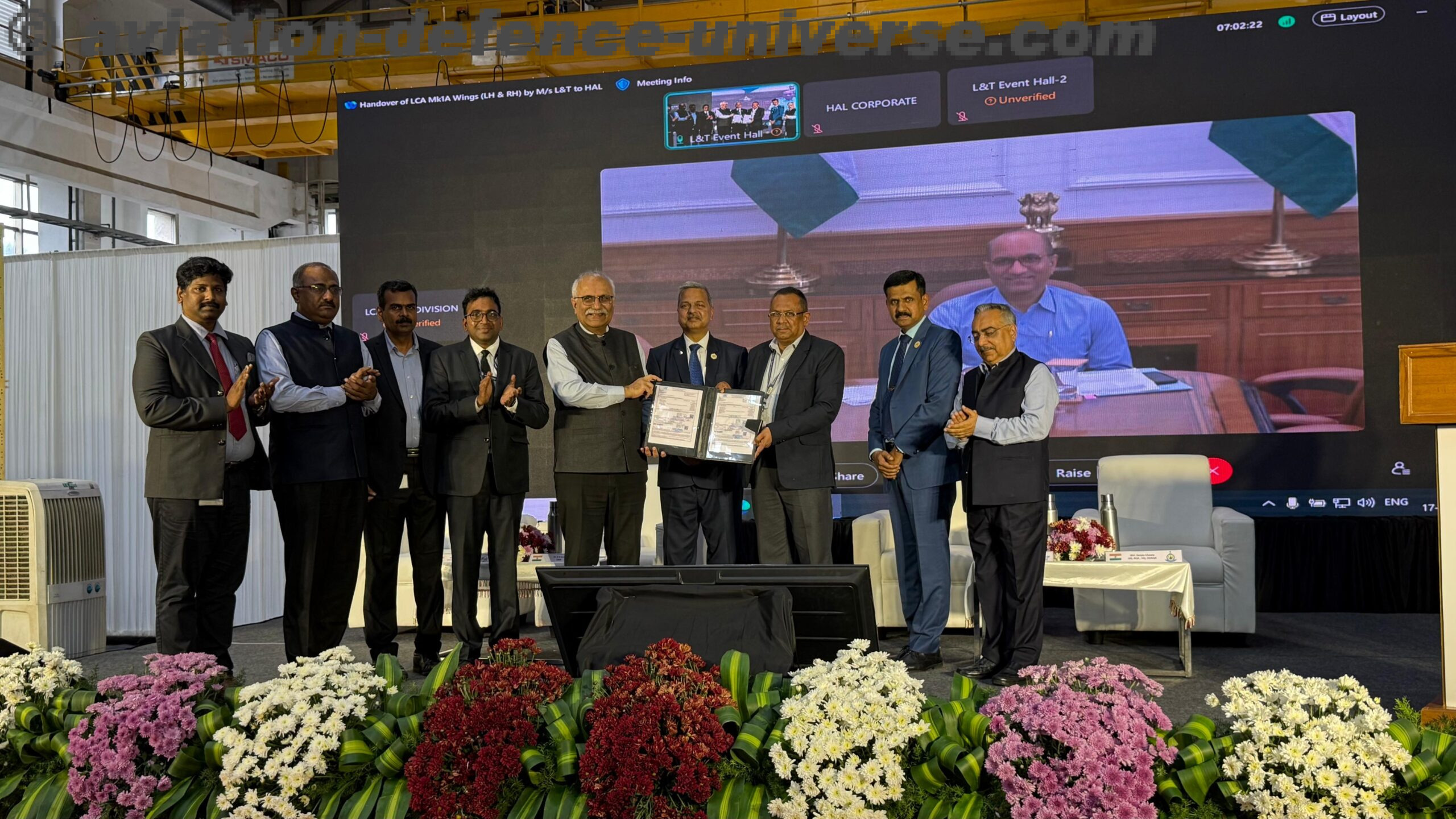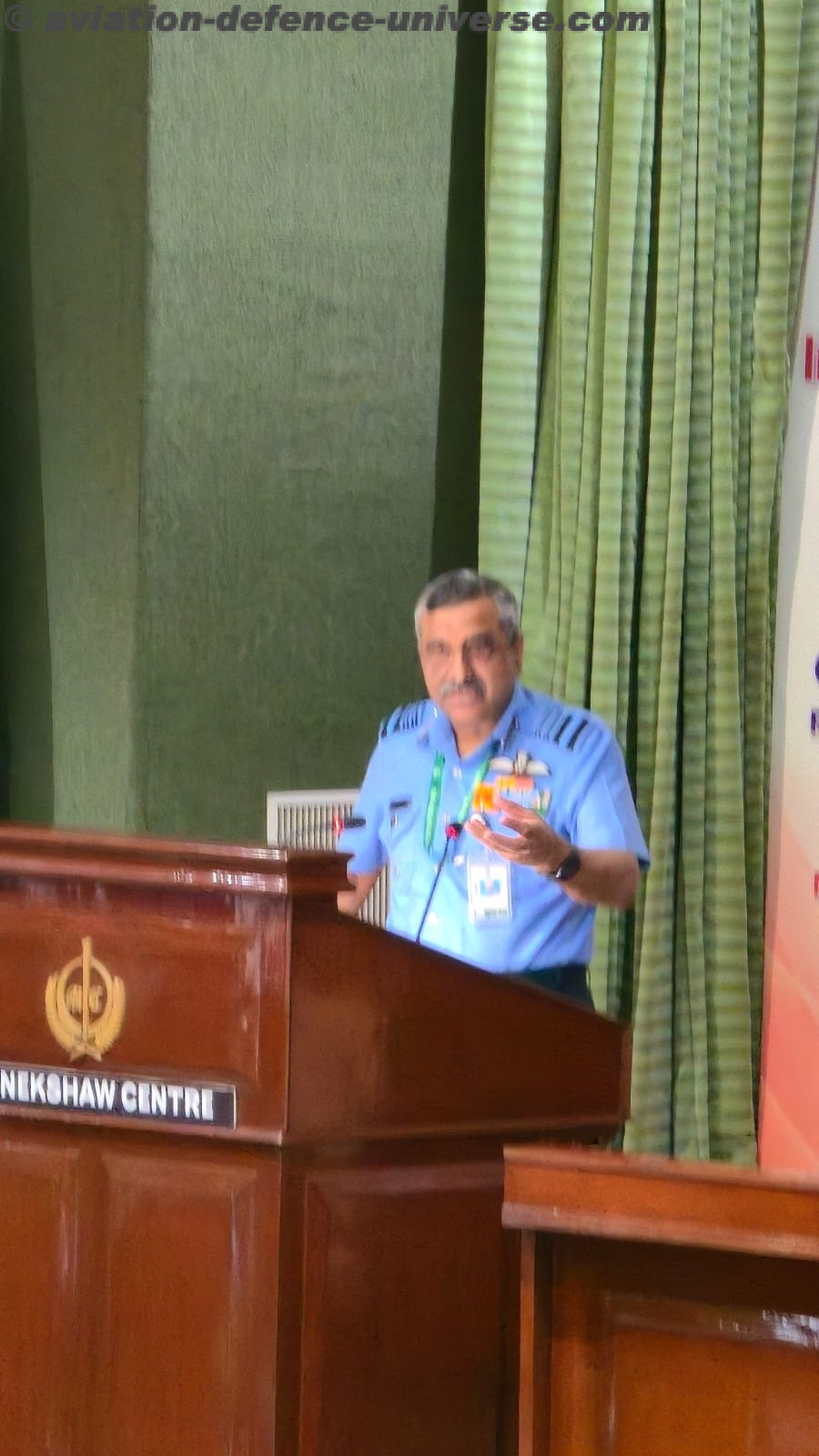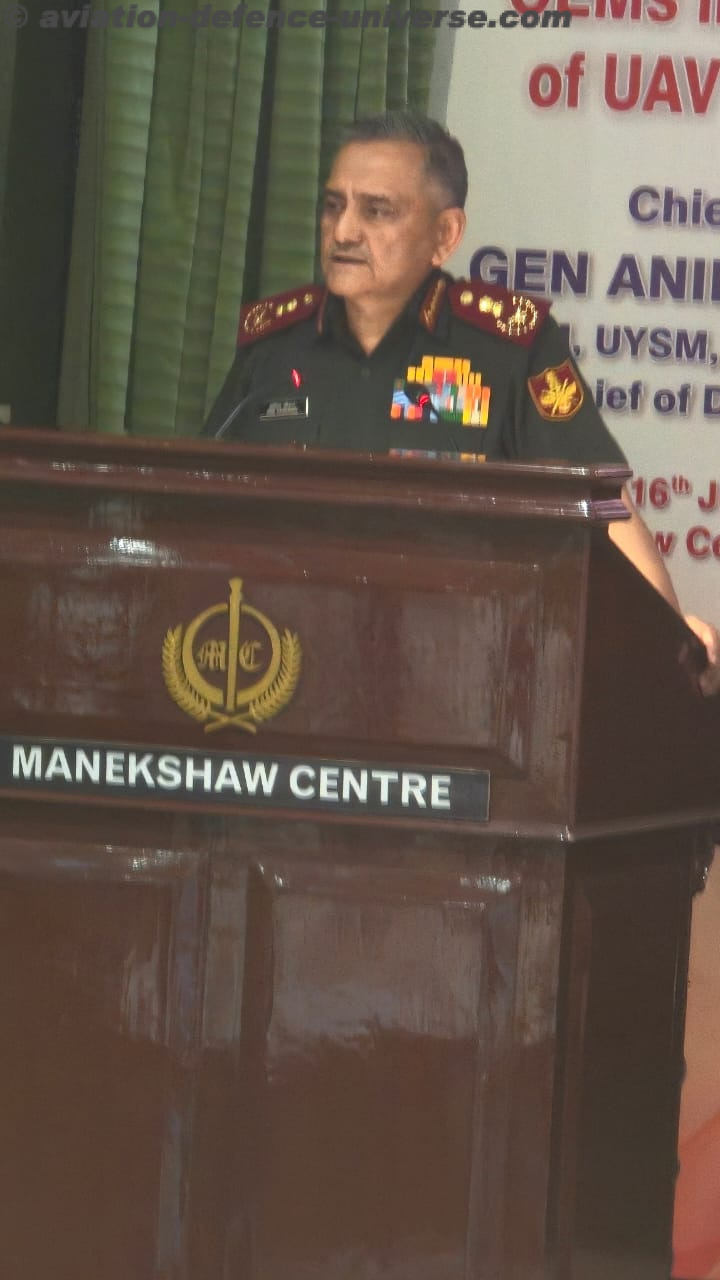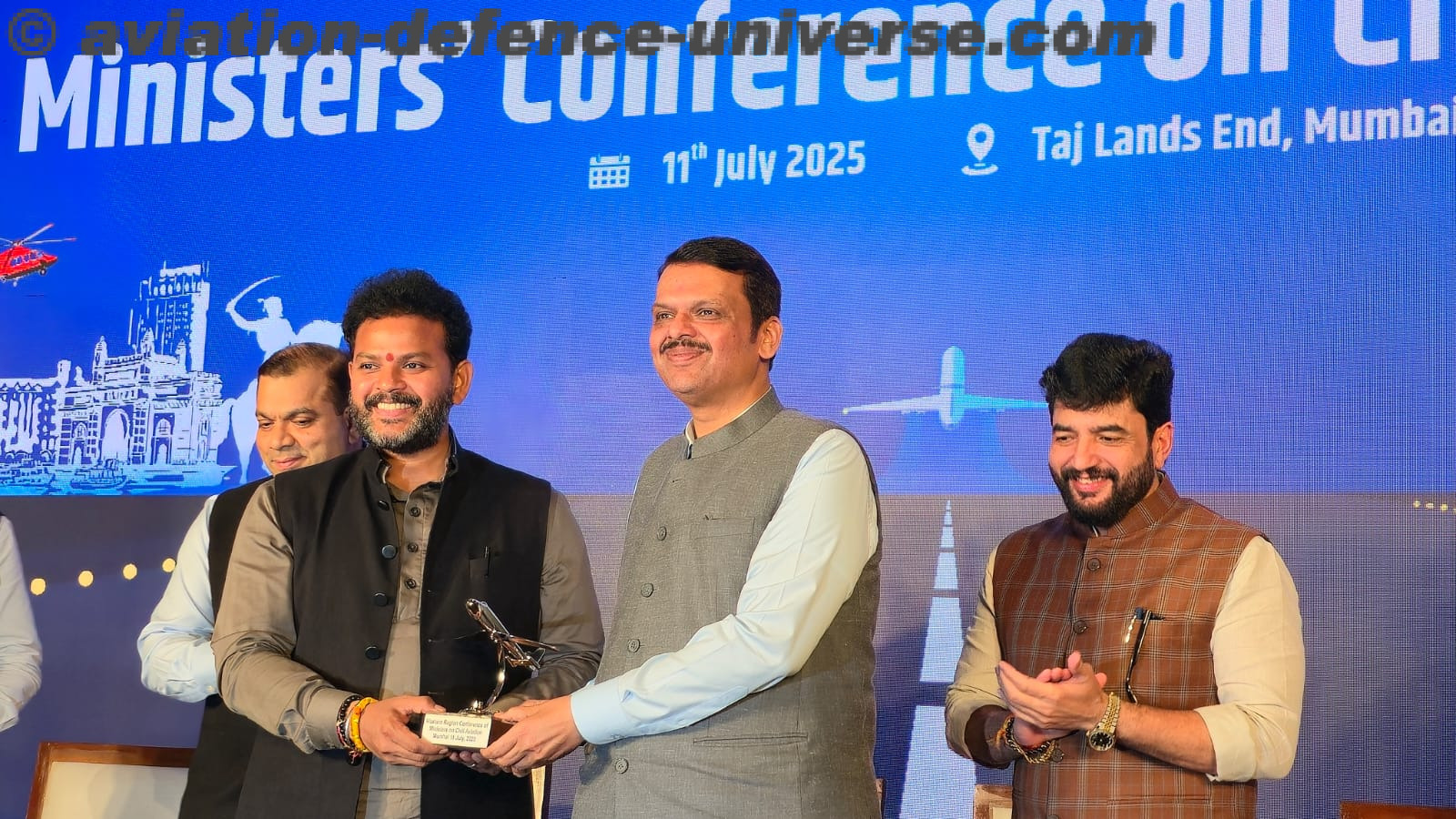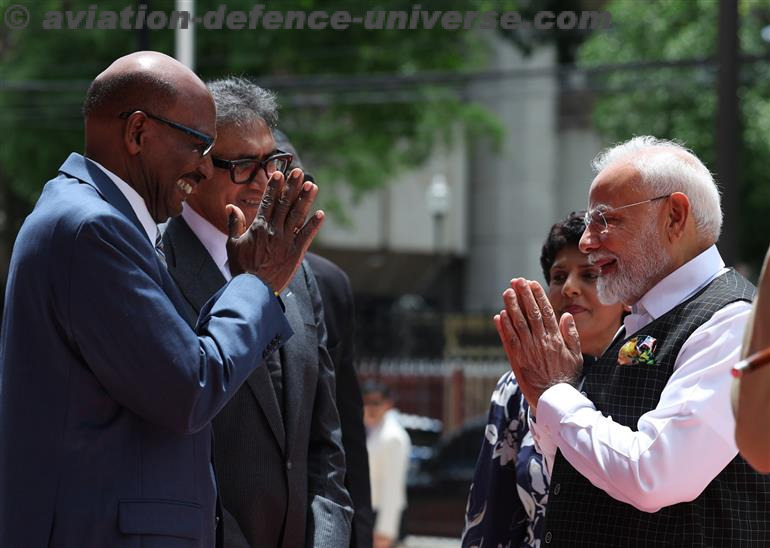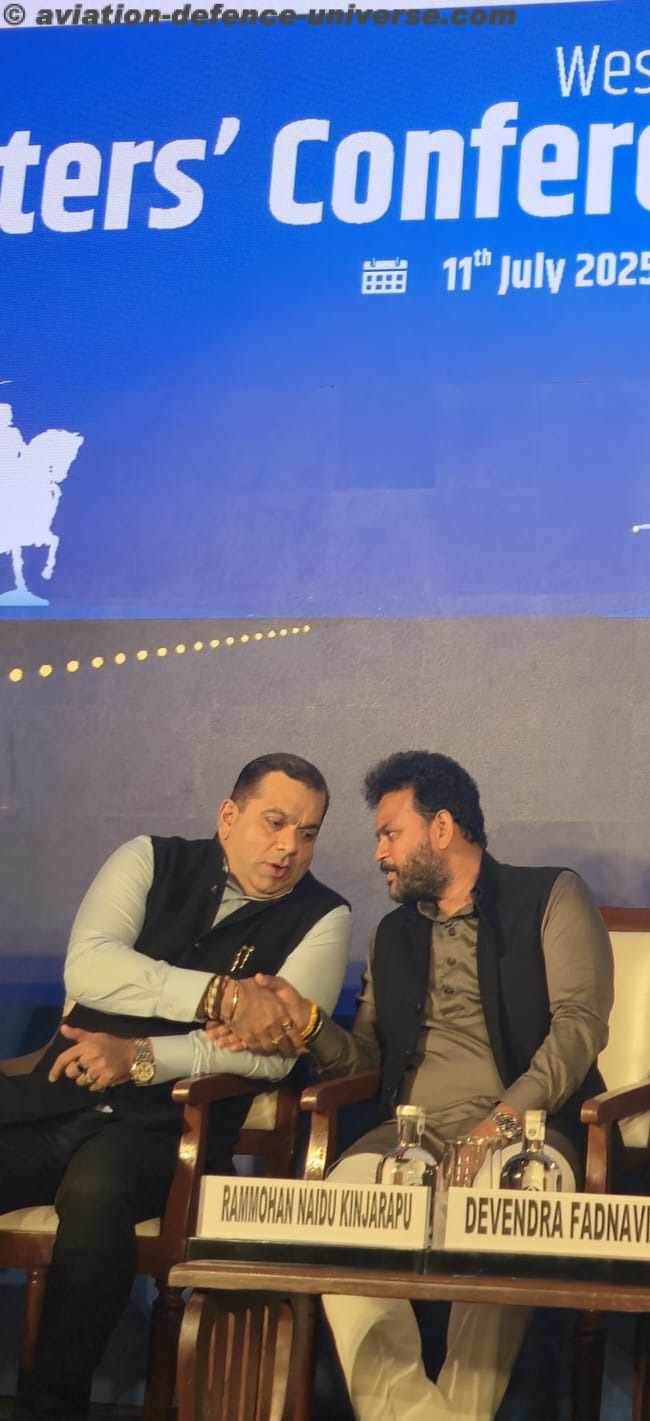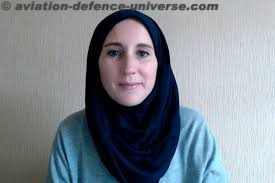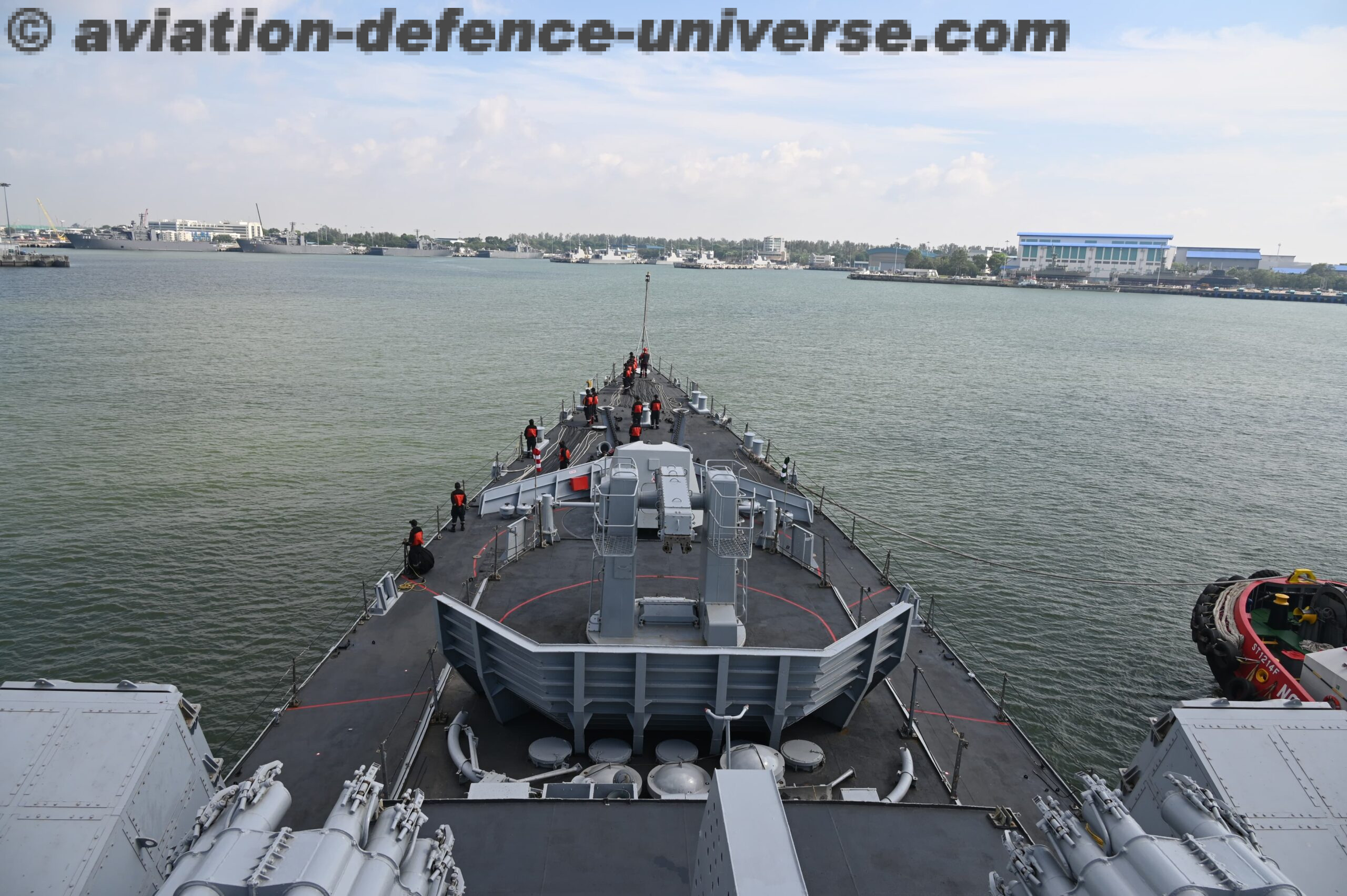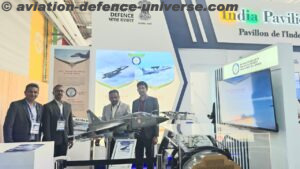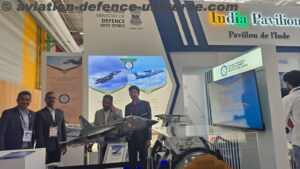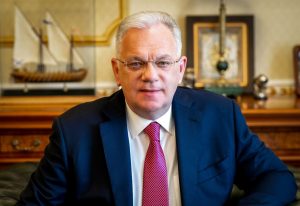
New Delhi. 06 December 2021. A considerably effective system of military-technical cooperation of the Russian Federation with foreign states was created in Russia after 2000. An important element of this system is the Federal Service for Military-Technical Cooperation, which is clothed with authority to exercise control and supervision in the field of military-technical cooperation. The Regulation on the Federal Service for Military-Technical Cooperation was approved by the Decree of the President of the Russian Federation No. 1083 dated August 16, 2004 “Issues of the Federal Service for Military-Technical Cooperation”. The FSMTC of Russia is managed by the President of the Russian Federation. FSMTC of Russia is subordinated to Defense Ministry of the Russian Federation, which coordinates and controls its activities. The FSMTC system of Russia includes the Central Office and its representatives in foreign countries.
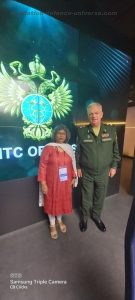
Director FMSTC Dmitry Evgenyevich Shugaev is in Delhi as a part of the Russian delegation at the India-Russia 2+2 Dialogue and in an exclusive interview with Aviation & Defence Universe (ADU) stated, “Earlier, we managed to work out measures to counter the sanctions pressure from the United States and its allies. These measures make it possible to effectively protect both Russian arms manufacturers and our foreign buyers. We use an individual approach to each of our partners, create convenient terms and conditions in contracting, and provide flexible settlement schemes for transactions, including the use of national currencies, thus entirely avoiding settlements in dollars.”
ADU. Please tell us about the results of the Intergovernmental Commission Meeting held in Delhi today. What important agreements have been reached and whether the contracts expected by everyone have been signed?
Dmitry Shugaev. India is one of our main strategic partners and today’s meeting is very important for us. Due to the coronavirus pandemic, our interaction, alas, was minimized and therefore the Intergovernmental Commission had to be postponed last year. The number of working meetings and negotiations has also significantly decreased. Nevertheless, representatives of the Federal Service for Military-Technical Cooperation (FSMTC) and Rosoboronexport were in contact with our Indian colleagues, solving urgent and important issues, ensuring timely implementation of all agreements.
At the Intergovernmental Commission Meeting today, in the presence of Russian Defense Minister, General of the Army Sergei Shoigu and Indian Defence Minister General Rajnath Singh, we have summed up the results of our cooperation with Indian partners for 2020/21, outlined plans for the future and indeed signed a number of intergovernmental agreements and important contracts, some of which, I hope, will become fundamental in our further cooperation with India.
One of the most important and very long-awaited events was the signing of a contract for the joint production of AK-203 assault rifles in the Indian town of Korwa. The signing of the contract will allow us to launch the production of Kalashnikov assault rifles, produce over 600,000 assault rifles and meet the needs of India’s defense, security and law enforcement agencies for modern small arms within 2-3 years. It is worth noting here that the assault rifle is superior to its Western counterparts in technology and is also very competitive in price.
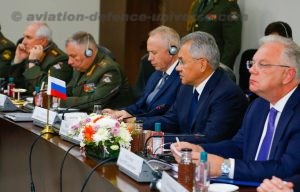
ADU. How is it planned to foster military-technical cooperation with India in the long term?
Dmitry Shugaev. Today we have signed a program for the development of military-technical cooperation with India to 2031. This program defines the directions and approaches of our cooperation in all services and branches of the armed forces. We envisage cooperation with the Indian side both in the supply of weapons and military equipment, and in joint production, as well as in the joint development of weapons and military equipment. I would like to emphasize that sales with India is about 25% of our total arms exports.
ADU. What new contracts are planned to be signed with India in the near future?
Dmitry Shugaev. One of the important contracts with the Indian side, which we expect to sign soon, concerns the supply and licensed production of Igla-S man-portable air defense missile systems in India. This means that we transfer the production license and supply the necessary components to the Indian side.
ADU. Do the sanctions affect the military-technical cooperation with India? Have we abandoned the dollar in our relationship?
Dmitry Shugaev. The Countering America’s Adversaries Through Sanctions Act (CAATSA) adopted by the United States has only formalized the anti-Russian policy pursued by Washington for many years, aimed at causing maximum damage to the Russian economy and ousting it from the international market, including the international arms market, where our positions are traditionally strong.
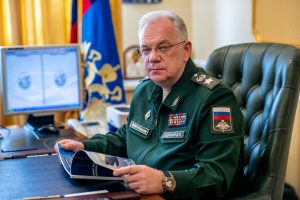
Despite the blatant and crude attempts by the United States to violate the sovereign rights of independent states to ensure their own security, our military-technical cooperation system operates with high efficiency.
Earlier, we managed to work out measures to counter the sanctions pressure from the United States and its allies. These measures make it possible to effectively protect both Russian arms manufacturers and our foreign buyers. We use an individual approach to each of our partners, create convenient terms and conditions in contracting, and provide flexible settlement schemes for transactions, including the use of national currencies, thus entirely avoiding settlements in dollars.











